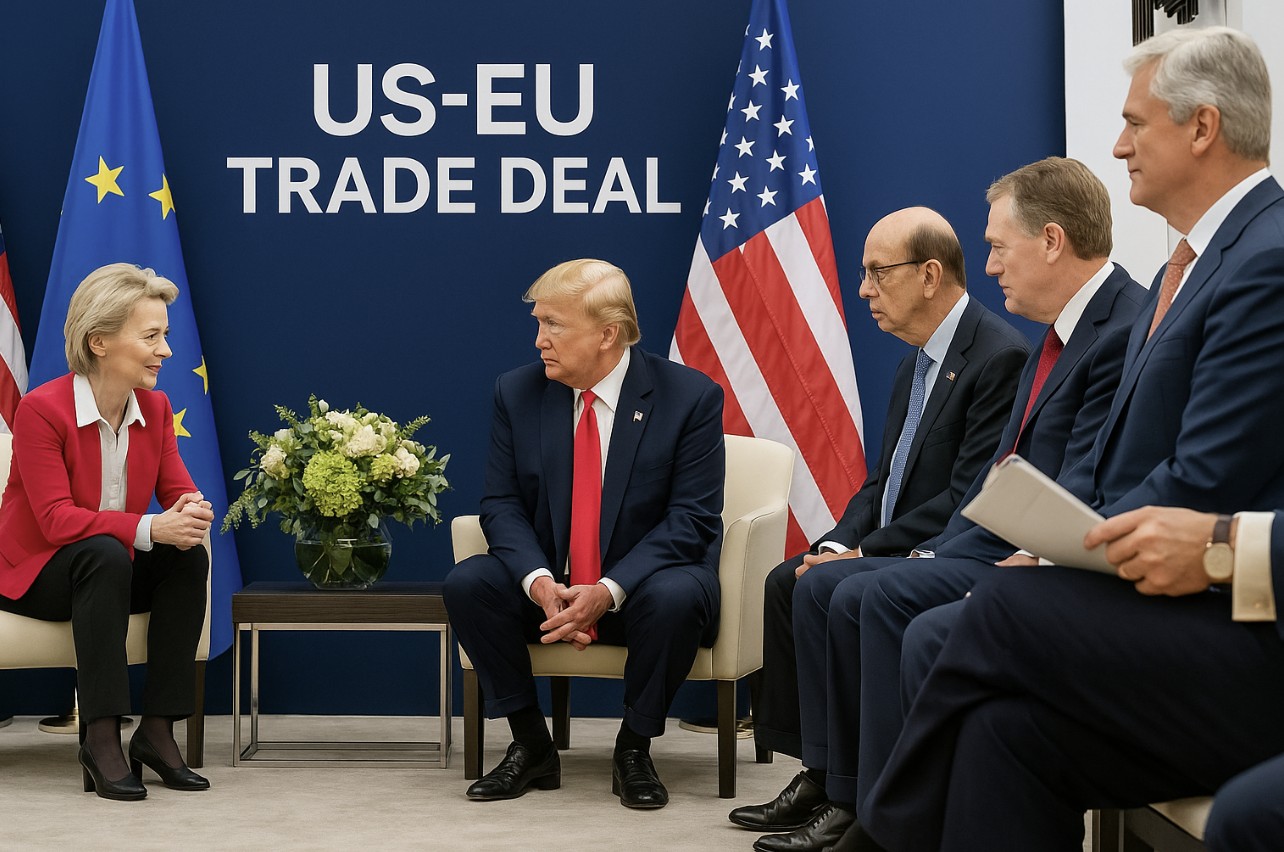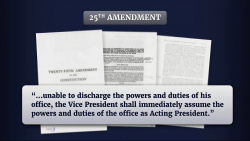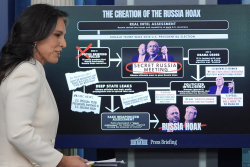
President Trump has just secured a decisive victory in trade negotiations with the European Union, his second major win following the landmark NATO agreement. Together, these deals generate massive revenue, reduce the U.S. deficit, and reshape America’s global economic and security leadership.
The new trade agreement imposes a 15% tariff on most European imports, generating tens of billions of dollars annually for the U.S. It also eliminates all tariffs on American industrial goods exported to Europe and commits the EU to purchasing large quantities of U.S. military equipment, expanding opportunities for American manufacturers and helping close the long-standing trade imbalance. In return, the EU has agreed to purchase $750 billion in U.S. energy and invest another $600 billion into the U.S. economy by 2028.
This shift in energy trade also has geopolitical impact. Until now, Europe had demanded U.S. financial support for Ukraine while continuing to import Russian fossil fuels, sending over $23.7 billion to Moscow in 2024, more than the $20.2 billion it gave Ukraine in aid. Russian gas exports to the EU actually increased by 18% last year and are still rising in 2025.
With the new deal, Europe redirects its energy purchases toward the U.S., depriving Russia of revenue used to fund its war machine. The result: America gains income, Moscow loses leverage, and the West strengthens its position against Putin.
This success builds directly on Trump’s earlier NATO breakthrough. Since 2017, the number of NATO countries meeting the 2% GDP defense spending target has grown from just three to 29 out of 31 members. Under Trump’s new 5% threshold, the alliance is now poised to add over $1 trillion annually in defense spending. Of that, $700 billion is already translating into new military capabilities, with a strong push to procure from U.S. arms manufacturers, further boosting American industry.
NATO Secretary General Mark Rutte privately acknowledged Trump’s leverage, stating, “Europe is going to pay in a BIG way, as they should, and it will be your win.” That leverage proved crucial in the trade negotiations, where European leaders ultimately agreed to avoid even harsher tariffs by accepting the terms of what Trump calls the “biggest deal ever made.”
France, unsurprisingly, has reacted with outrage to the deal, with several high-ranking officials voicing sharp disapproval. Prime Minister François Bayrou called it “a sombre day” for Europe, writing on X: “It is a dark day when an alliance of free peoples, brought together to affirm their common values and defend their common interests, resigns itself to submission.”
Deputy Minister for European Affairs Benjamin Haddad urged Europe to “fight to continue seeking trade balance with the United States” and called for activating the anti-coercion mechanism to tax U.S. service exports. Right-wing leader Marine Le Pen denounced the agreement as a “political, economic, and moral fiasco,” calling it “an outright surrender for French industry and for our energy and military sovereignty.”
The response across Europe has been mixed. Hungarian Prime Minister Viktor Orban said Trump had “steamrolled” the EU in negotiations, comparing the US president to a heavyweight boxer against von der Leyen’s “featherweight”. However, German Chancellor Friedrich Merz said the deal helps avoid “a trade conflict, which would have hit the export-oriented German economy hard”.
The announcement boosted European markets, with Europe’s benchmark Stoxx Europe 600 index rising to its highest level in more than four months. Despite tough negotiations, both sides framed the deal as a positive step toward avoiding deeper economic conflict and bringing stability to transatlantic trade relations.
Of course, Democrats hate the deal, not because of its details, but because it was negotiated by Trump and because it benefits the American people. Publicly, their criticism focuses on claims that the agreement lacks binding commitments, raises costs for consumers, and reflects what they call a “chaotic” approach to trade that hurts American families.
Senate Minority Leader Chuck Schumer dismissed the deal as “fake,” saying, “Trump would have you believe it’s the biggest deal ever. Europe has admitted that this agreement isn’t legally binding, and they have no control over whether these investments even happen.”
Democratic opposition to Trump’s broader tariff agenda is longstanding. Nearly 200 Democratic lawmakers have backed a legal challenge to his use of emergency powers to impose tariffs. Senator Jeanne Shaheen called it an “unlawful abuse of emergency powers,” claiming the tariffs have “caused economic chaos and raised prices for families and businesses across the country.”
Schumer echoed that sentiment, calling Trump’s trade policies “absurd, crazy, [and] chaotic,” and vowing, “We’re going to fight these tariffs tooth and nail. Trump’s done a lot of bad things, this is way up there.”
Trump reaffirmed that higher tariffs on other nations will take effect August 1 unless further agreements are reached, with ongoing talks between the U.S. and China. The White House characterized this as “a generational modernization of the transatlantic alliance” that “will provide Americans with unprecedented levels of market access to the European Union”, representing a significant shift in global trade dynamics where major economies are accepting substantially higher tariff rates to maintain access to U.S. markets.

















